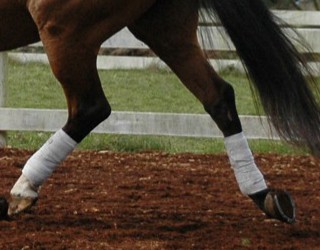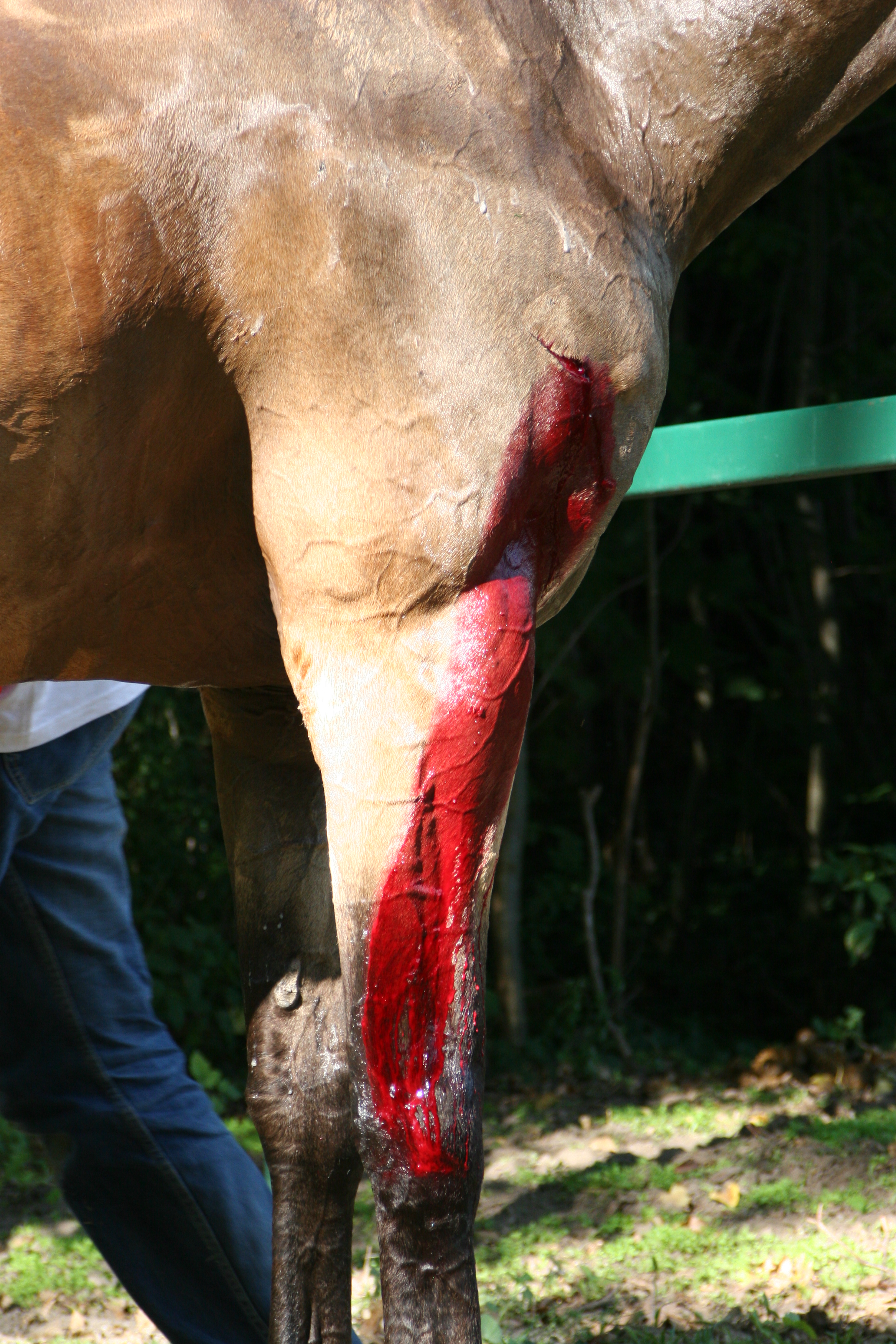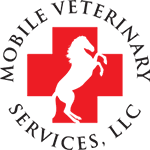 At what age is a horse considered geriatric or senior? Does owning a senior horse mean that he must eat a feed labeled as a “senior” feed? As always, the answer is, it depends. Our horses are living longer lives than ever, thanks to an evolving understanding of the...
At what age is a horse considered geriatric or senior? Does owning a senior horse mean that he must eat a feed labeled as a “senior” feed? As always, the answer is, it depends. Our horses are living longer lives than ever, thanks to an evolving understanding of the...
 Arthritis is one of the most common joint diseases found in the equine industry. It is the leading factor of decreased performance and chronic lameness in our equine partners and is the source of much frustration and consternation. The insidious nature of the...
Arthritis is one of the most common joint diseases found in the equine industry. It is the leading factor of decreased performance and chronic lameness in our equine partners and is the source of much frustration and consternation. The insidious nature of the...
 As horsepeople, we frequently hear the term ringbone, but we may not understand what that term really means, or that it encompasses two different types of “ring bone”, not to mention the confounding “sidebone”. This blog is in response to a specific request from a...
As horsepeople, we frequently hear the term ringbone, but we may not understand what that term really means, or that it encompasses two different types of “ring bone”, not to mention the confounding “sidebone”. This blog is in response to a specific request from a...
 By Dr. Allison Hartman We’ve all heard the saying “no foot, no horse” but what can we do as horse owners to make sure our horses have the best feet possible? The first, most critical step is routine hoof care. Like our fingernails, horse’s hooves are...
By Dr. Allison Hartman We’ve all heard the saying “no foot, no horse” but what can we do as horse owners to make sure our horses have the best feet possible? The first, most critical step is routine hoof care. Like our fingernails, horse’s hooves are...
 By Dr. Shane Baird As horse injuries go, cuts, scrapes, and bruises of all shapes and sizes are common – the challenge is learning when veterinary intervention is required. Is There Joint Involvement? One of the most critical factors for laceration severity is...
By Dr. Shane Baird As horse injuries go, cuts, scrapes, and bruises of all shapes and sizes are common – the challenge is learning when veterinary intervention is required. Is There Joint Involvement? One of the most critical factors for laceration severity is...








